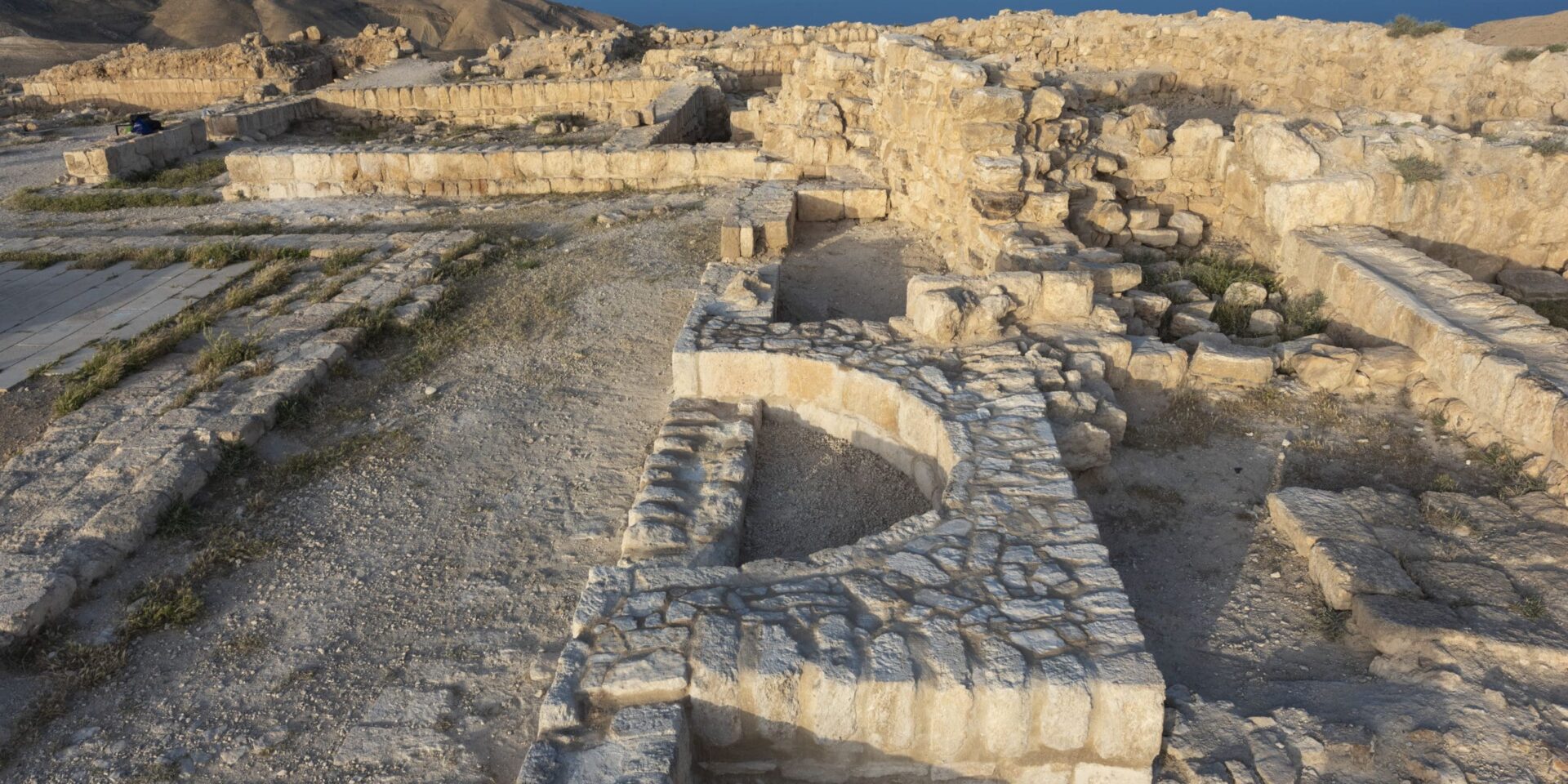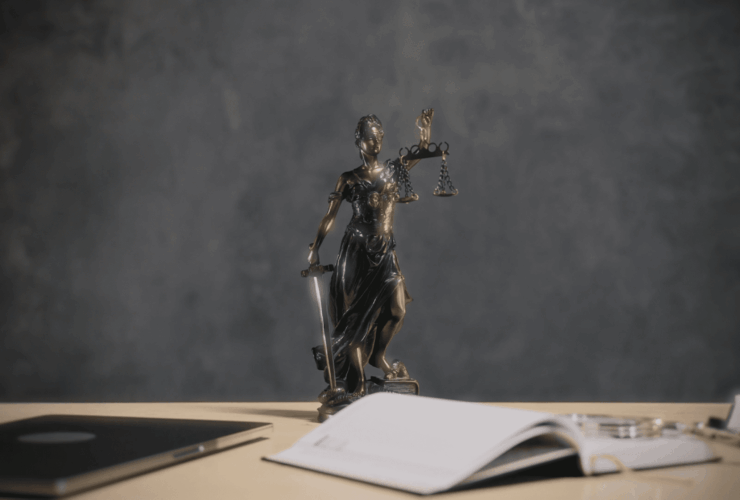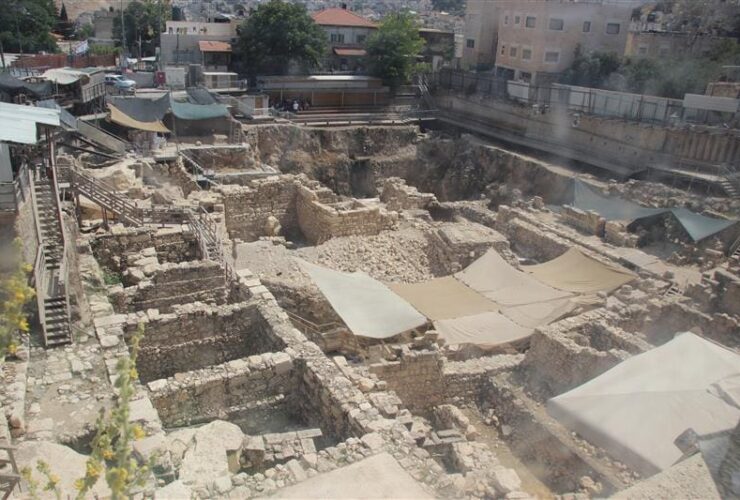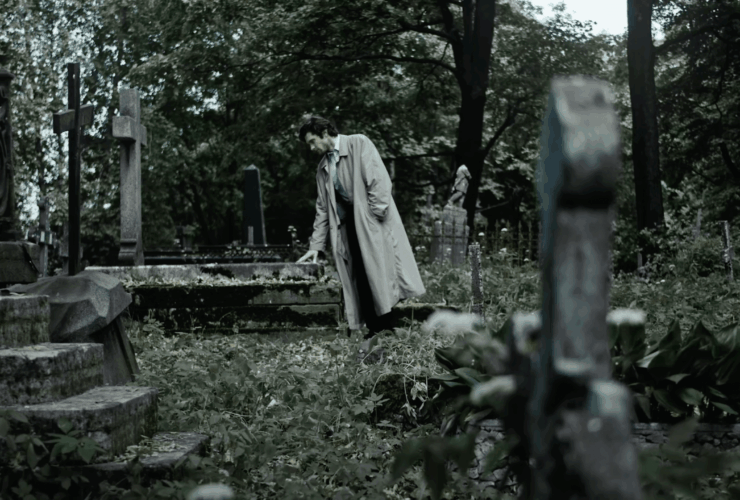Though the place name “Machaerus” does not appear in the Bible, it was an incredibly important location in the time of Jesus, and according to the first century historian Josephus, it was the place of John the Baptist’s imprisonment and ultimately of his execution. That imprisonment and execution of John the Baptist is recorded a few times in the gospels, Mark 6 lets us know that Herod Antipas had imprisoned John for speaking against his marriage to Herodias, who was his sister-in-law. History tells us that for this marriage to happen they both divorced their spouses to get married, an act that would come back to haunt Antipas in more than one way.
First, by becoming guilty of murdering John the Baptist, and then second by having to meet his former father-in-law in a military battle that he would lose. But back in Mark 6, we learn that Antipas actually enjoyed hearing John speak, something about it amused him, but in order to fulfil a lustful oath to his stepdaughter during his birthday banquet, Antipas had John beheaded. John’s disciples then courageously went to inquire of the body and were allowed to bury it.
Mark 6 goes into this background story so that we understand why Herod Antipas was concerned that some were claiming that Jesus was actually John the Baptist risen from the dead, as a few people in the Old Testament had also been; risen from the dead that is. But for our purposes today, we are more concerned about the location of Antipas’ banquet and the imprisonment of John: the palace fortress of Machaerus.
“And immediately the king sent an executioner with orders to bring John’s head. He went and beheaded him in the prison…”
Mark 6:27
Machaerus is mostly remembered as being built by Antipas’ father, Herod the Great. But while Herod the Great was responsible for completely reimagining and rebuilding Machaerus, it was originally founded by the Hasmoneans in 90BC, then was destroyed by Rome in 57BC before Herod rebuilt it. The benefits of its location was unmatched, it was East of the Dead Sea and from its mountainous seat commanded views of Jerusalem, Masada, Jericho, and several of the fortified cities of Israel. This of course meant that it was strategically important as a first line of defense against any attack from the East, it could signal to cities by fire or smoke, a potentially crucial warning signal.
So, Herod the Great turned the ruins of Machaerus from a citadel to a luxurious palace and lower city. John the Baptist would have been housed in the lower city, and the infamous banquet of Antipas would have occurred up in the palace.
Today, that palace has been excavated and its paved banquet hall has been partially reconstructed, even the location of Antipas’ throne has been identified, the throne niche as it’s called. This is the place from which Antipas would have given the order to execute John. Archaeology has also clarified for us why Salome, the daughter of Herodias, would have needed to leave the party to consult with her mother Herodias, there were two banquet halls! Presumably the women partied in one and the men in another. So, to ask her mother’s advice, Salome had to go to the women’s side.
Now, relatively recently, there has been some intriguing news coming out of Machaerus. In 2019, a large number of ostraca, which are potsherds with writing on them, were rediscovered and given to a researcher for translation, so now, we wait for an official publication.
After the time of Antipas, Machaerus was taken up as a refuge for Jewish Rebels against Rome in the first century AD. The Roman military built a siege wall, camps and began a massive siege ramp. The ramp wasn’t finished though, as the historian Josephus records that the capture and public torture of a young prominent rebel prompted a peace pact that allowed for the rebels to leave peaceably. Those that would not surrender, attempted to escape and faced a mass slaughter of the men and an enslavement of the women and children.

Corie Bobechko is a daily co-host, speaker, and writer of Bible Discovery. She also hosts a YouTube channel that shows how history and archaeology prove the Bible. Her heart for seekers and skeptics has led her to seek truth and share it with others. Corie also has a Bachelor of Theology from Canada Christian College.






